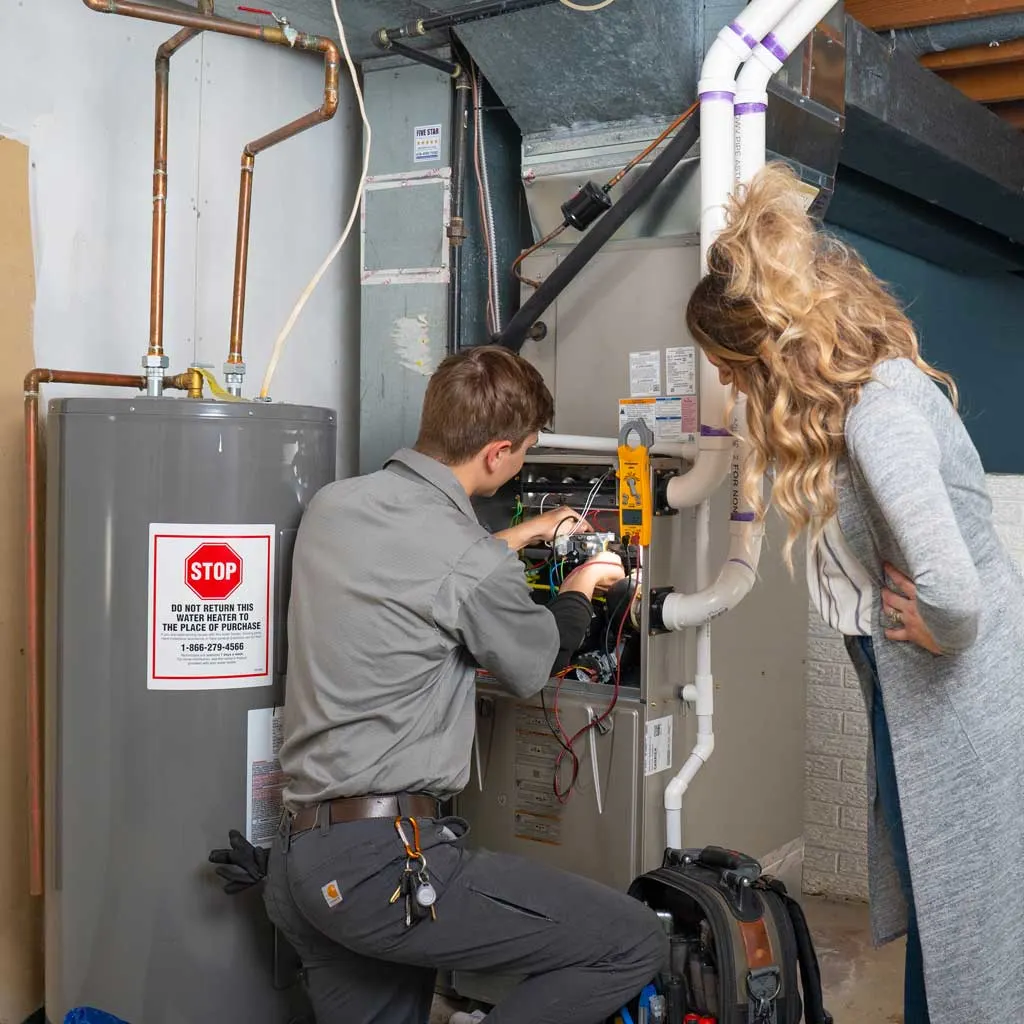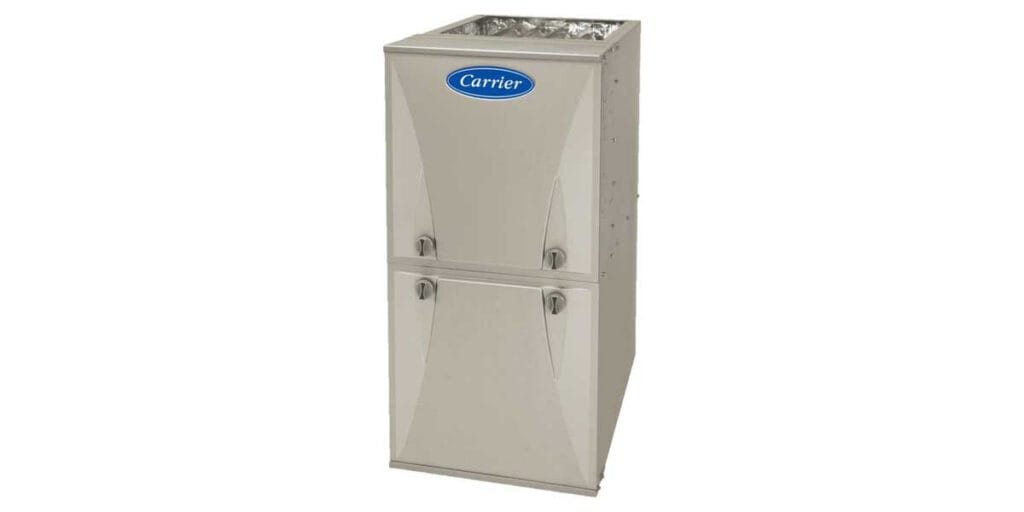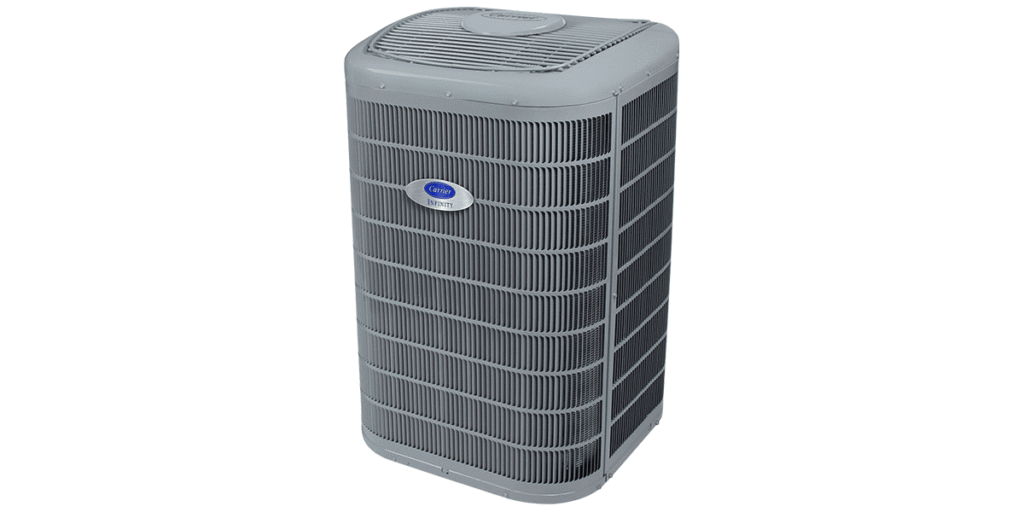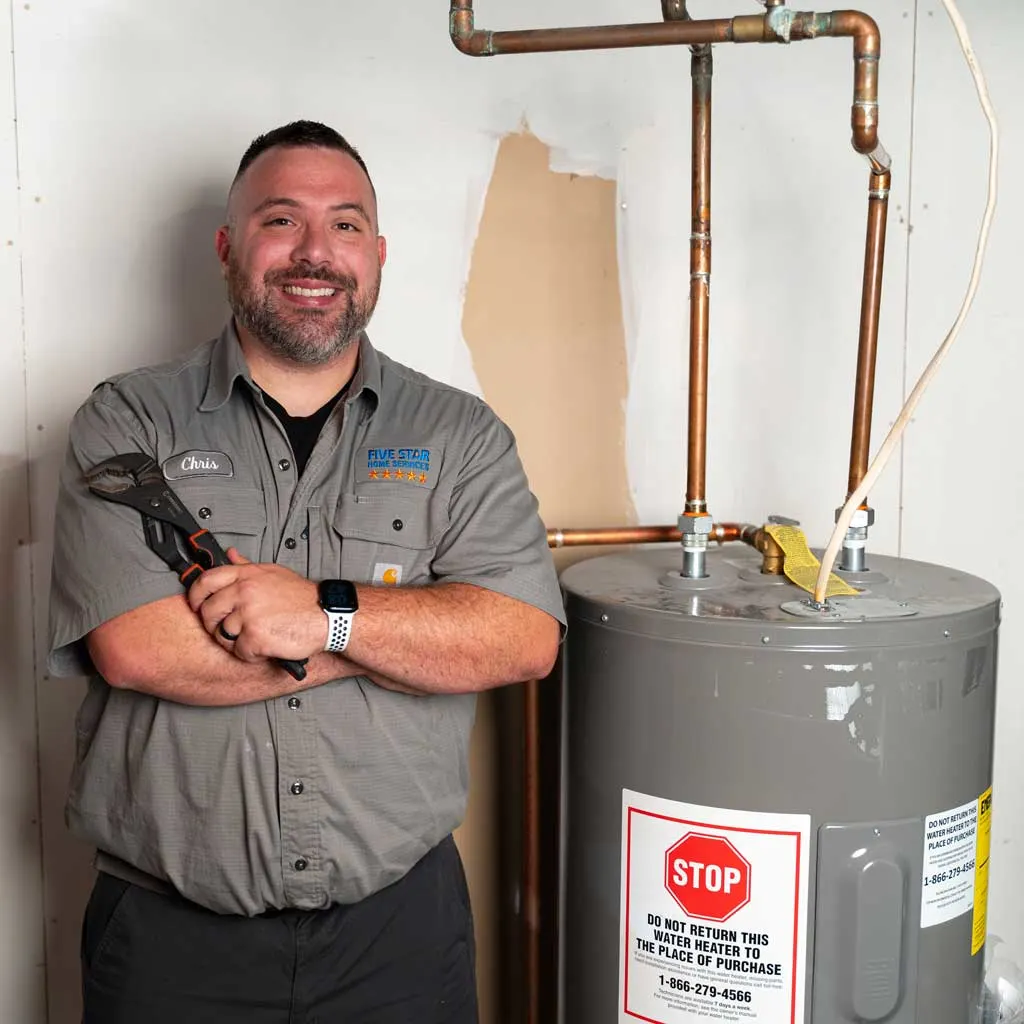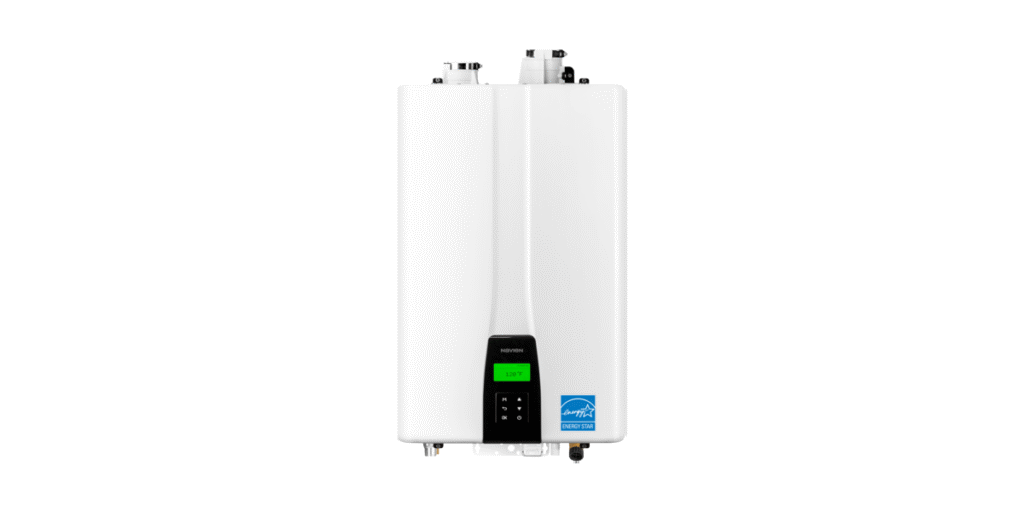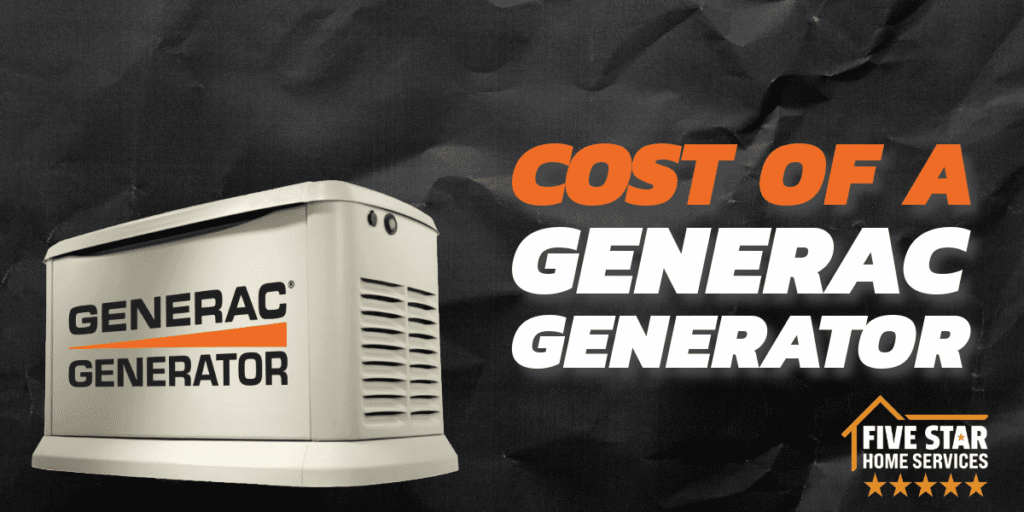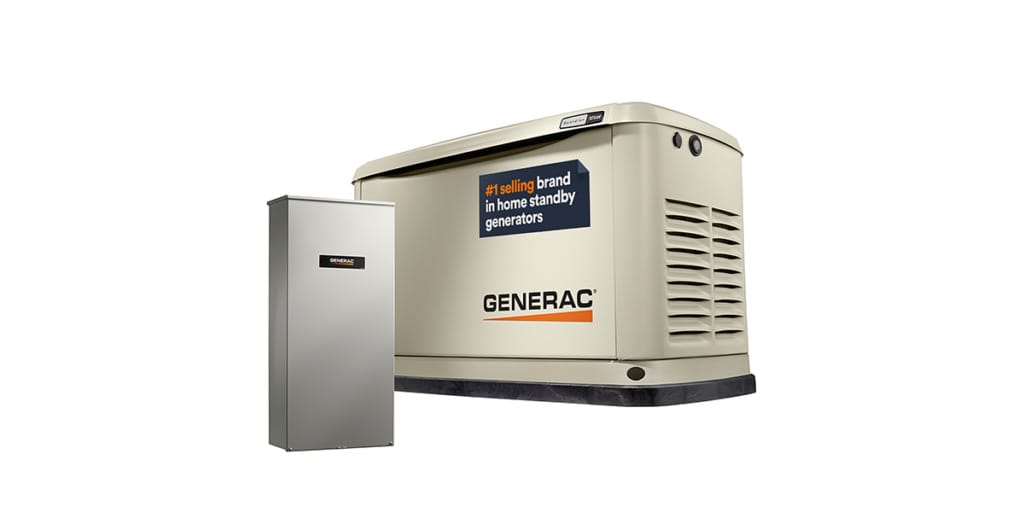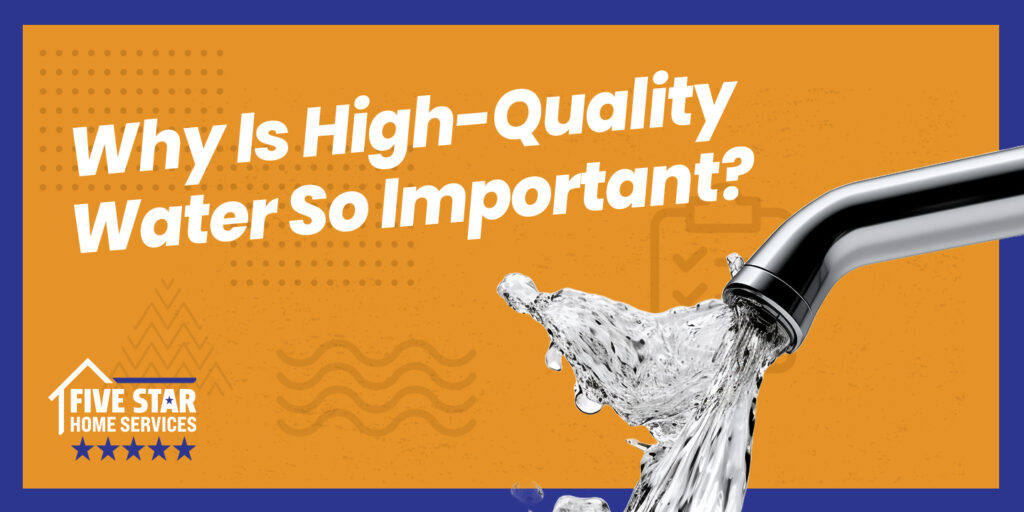Water is life and clean water means health.” – Audrey Hepburn
High-quality water in your home is important, not just for your health, but for the long-term economic and environmental benefits. Afterall, the value of clean, high-quality water is immeasurable. Let’s get into it.
This is part 3 of our Water Quality Guide. Now that I’ve gone over the first two topics “What Are the Common Water Quality Problems?” & “Why Is Testing My Water Quality Important?”—we will dive a little deeper to further explore the importance of high-quality water!

Health Benefits of High-Quality Water
Bathing, drinking and cooking with pure, contaminant-free water is essential for maintaining optimal health in today’s age. As a certified plumber, I cannot emphasize this enough! Clearwater free from harmful chemicals and dangerous pathogens helps to reduce the risk of waterborne diseases and long-term health issues that often don’t crop up until it’s too late. Now let’s take a closer look at these three:
Drinking
Having higher-quality water in your home ensures that you’re not ingesting harmful substances such as chlorine, lead, or bacteria. High quality water helps transport nutrients and oxygen to cells while flushing out toxins; it also supports the function of white blood cells, which are responsible for fighting infection and detoxification.
Cooking
Using clean water for cooking preserves the nutritional value of food and keeps it free from contaminants. This is an often-overlooked component of great cooking. Unfiltered water often contains chlorine and other byproducts, which can negatively affect the taste of foods and drinks.
Bathing
Contaminant-free water helps prevent skin irritations and respiratory issues caused by pollutants. As such, removing harsh chemicals from water can keep skin and hair balanced, reducing dryness, irritation, and breakouts.

Reducing the Risks of Waterborne Diseases
Per the Ohio Department of Health, viruses, bacteria, chemicals, and other harmful microorganisms are all waterborne diseases. As a result, high-quality water systems can help to filter these unwanted water invaders out of your home. This significantly reduces the risk of waterborne diseases, which can have severe health consequences.
Economic Benefits of High-Quality Water
There are two benefits of high-quality water. These are the prolonged lifespan of your household appliances and the reduced costs that can happen in different ways. Let’s talk about them in more detail:
Prolonging the Life of Appliances & Plumbing Systems
Investing in high-quality water filtration systems can prolong the lifespan of your valuable appliances in addition to your plumbing system. Hard water, which is full of minerals like calcium and magnesium, can cause scale buildup, leading to costly repairs and replacements. This is where the investment in your water quality can pay for itself. Your plumbing equipment and appliances will last longer and perform better when your water quality is up to par.
Reducing Costs Associated with Bottled Water & Repairs
This is another way water purification pays for itself. Having higher-quality water at home means you can say goodbye to expensive bottled water, which often contains microplastics. Additionally, soft water eliminates the need for frequent repairs and maintenance for your appliances.
- Bottled Water: Save money by eliminating the need for bottled water.
- Appliances: Prolong the life of water heaters, washing machines, and dishwashers by preventing scale buildup and other damage.
- Plumbing System: Minimize pipe corrosion and blockages, reducing plumbing repair costs.
- Less Usage of Detergents & Soap: In addition to the cost savings that we have already covered, soft water makes it easier to create a lather, meaning you won’t need as much detergent and soap for cleaning. This is great news as it can aid in saving money and reduce the strain on wastewater treatment systems.

Environmental Benefits of High-Quality Water
- Reducing Plastic Waste from Bottled Water: Plastics and microplastics are becoming more and more of a problem in our modern society. Every year, humans create an estimated 8.3 billion metric tons of plastic waste. Nine million tons of that ends up in our lakes, rivers, streams, and our water supply!
So how does this help? Well, switching to high-quality tap water can significantly reduce your household’s plastic waste. With less reliance on bottled water, you’ll contribute to a decrease in plastic pollution, and you’ll enjoy water free of microplastics from that bottled water.
- Encouraging Sustainable Water Use Practices: High-quality water systems promote sustainable water use practices. By ensuring that your water is clean and safe, you can be more mindful of your consumption patterns and make more environmentally friendly choices.
When Professional Help is Needed
Not sure when you should actually enlist the help of a professional plumber? Here are a few signs to watch out for:
- Persistent bad taste or odor from your water
- Scale buildup on your faucets and fixtures
- Discolored water or health-related symptoms

Remember, high—quality water is essential for maintaining health, saving money, and protecting the environment. So, access to higher-quality water would bring a wide range of benefits for most homeowners.
Did you know that Midwest minerals like calcium and magnesium are common in Columbus’ water, leading to hard water issues? If you live in our in our service areas—including Greater Columbus, Greater Dayton, Greater Cincinnati, and the surrounding areas, please don’t hesitate to reach out with any questions. As your local state-certified master plumber, and state-certified well water license holder, I hope this series has proven helpful and informational to you so far.
If you feel ready to improve your home’s water quality, and you’re ready to get better-tasting, safer water for your home, we are more than ready to partner and take the plunge with you! You can contact us today or call (833) 405-8009 to learn more about our water filtration solutions.
You can also schedule your free water quality test here!
FAQ’s
- What is considered high-quality water?
High-quality water is clean, clear, and free from harmful contaminants like lead, chlorine, bacteria, PFAS, or excess minerals. It tastes fresh, smells neutral, and doesn’t stain clothes, damage appliances, or dry out your skin. In short—it’s water that’s safe, healthy, and easy on your home.
- How often should I test my home’s water?
We recommend testing your home’s water once a year. If you use a private well or live in an area with older plumbing, you may need to have it checked more often. Keep in mind that if you notice changes in taste, odor, or color, or issues like staining or buildup—it’s smart to test sooner.
- Which filtration systems are best for Ohio households?
For most Ohio homes, a whole-home filtration system paired with a water softener provides the best protection. These systems tackle common local concerns like hard water, chlorine, iron, and even PFAS. For drinking water, many families also choose a reverse osmosis system for extra purification right at the tap.
- Can filtering water save me money on energy?
Yes; filtered water can help you save on energy bills over time. This is because hard water buildup in water heaters and appliances forces them to work harder, using more energy. A quality water softener or filtration system helps your appliances run more efficiently, last longer, and use less power—ultimately, saving you money in the long run.



